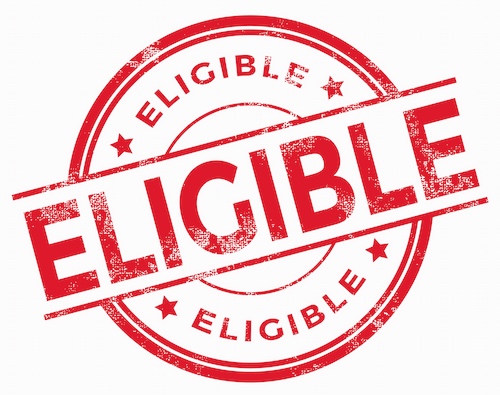
"Subject matter eligibility has been the most confounding and unpredictable issue in patent law since the Alice decision issued in 2014, especially for inventions involving the computer arts. Of course, computers are now ubiquitous and are involved in the implementation of not just electronics, but also mechanical devices, drug administration, and so on. The Alice decision touches many different types of inventions."
"Experienced patent attorneys-who are supposed to be able to counsel their clients- are unable to predict with any certainty whether a patent will satisfy Section 101 in district court. Even if a patent survives a challenge in district court, the patent faces another roll of the dice at the Federal Circuit. The Federal Circuit gives district courts little to no deference on patent eligibility and is all over the map with its decisions."
Subject matter eligibility has been unpredictable since the Supreme Court's Alice decision in 2014, especially for computer-related inventions. Computers now pervade electronics, mechanical devices, and drug administration, expanding the decision's reach. Patent attorneys cannot reliably predict Section 101 outcomes in district courts. Successful district court outcomes remain vulnerable at the Federal Circuit, which applies eligibility standards inconsistently and grants little deference to lower courts. The Supreme Court's failure to define "abstract ideas" is the fundamental cause of the uncertainty. Justice Thomas declined to define "abstract ideas" in Alice, leaving lower courts and practitioners to wrestle with the doctrine.
Read at IPWatchdog.com | Patents & Intellectual Property Law
Unable to calculate read time
Collection
[
|
...
]